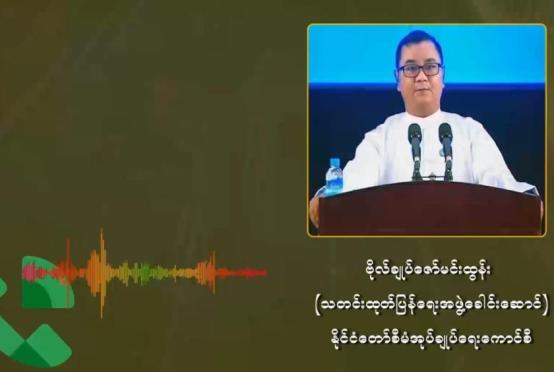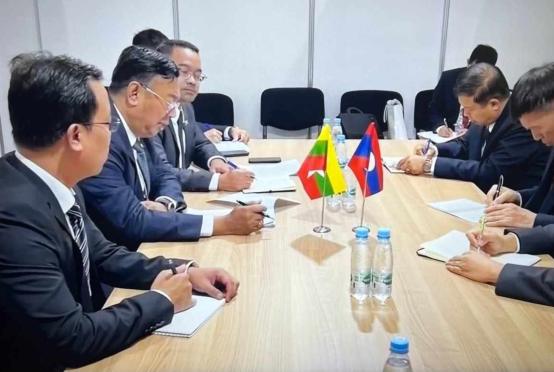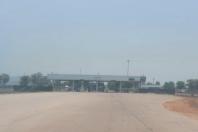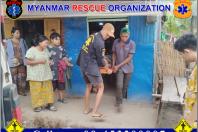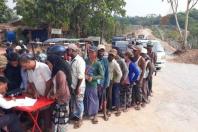As the number of internally displaced people increases in Myanmar since 2021, the northwestern area remains the highest with over 970,000 IDPs, according to OCHA Myanmar.
Heavy fighting involving artillery fire and frequent airstrikes has continued in multiple states and regions of Myanmar during the reporting period, particularly in the Northwest and the Southeast, prompting to continue humanitarian assistance.
As of 27 March 2023, almost 1.8 million people remained displaced across the country, according to the latest UN figures. This includes more than 1.4 million people displaced since February 2021.
As of 10 April 2023, more than 1.8 million people remained displaced across the country, according to the latest UN figures. This includes close to 1.5 million people displaced since the military takeover in February 2021.
Of the total IDPs since February 2021, the Northwest is hosting the highest number - now 971,700 IDPs - followed by the Southeast - 429,800 IDPs.
Concerns persist over moves to close displacement camps in many parts of the country including Kachin, Shan, Chin and Rakhine states. IDPs are living in precarious conditions in camps and informal sites, often in jungles and forests. Humanitarians remain concerned that some IDPs might have to move prematurely, while clashes are ongoing or while conditions are not safe or suitable because of explosive ordnance contamination, destruction of housing, poor access to services and lack of livelihoods, OCHA Myanmar reported.
Humanitarian partners estimate that 17.6 million people are in need in 2023. The 2023 Humanitarian Response Plan targets 4.5 million of those in most severe need, predominantly in conflict-affected rural areas.
In 2022, humanitarian organizations were able to reach at least 4.4 million people with assistance, but this support was not as deep or sustained as planned due to access constraints and severe underfunding, the organization reported.


